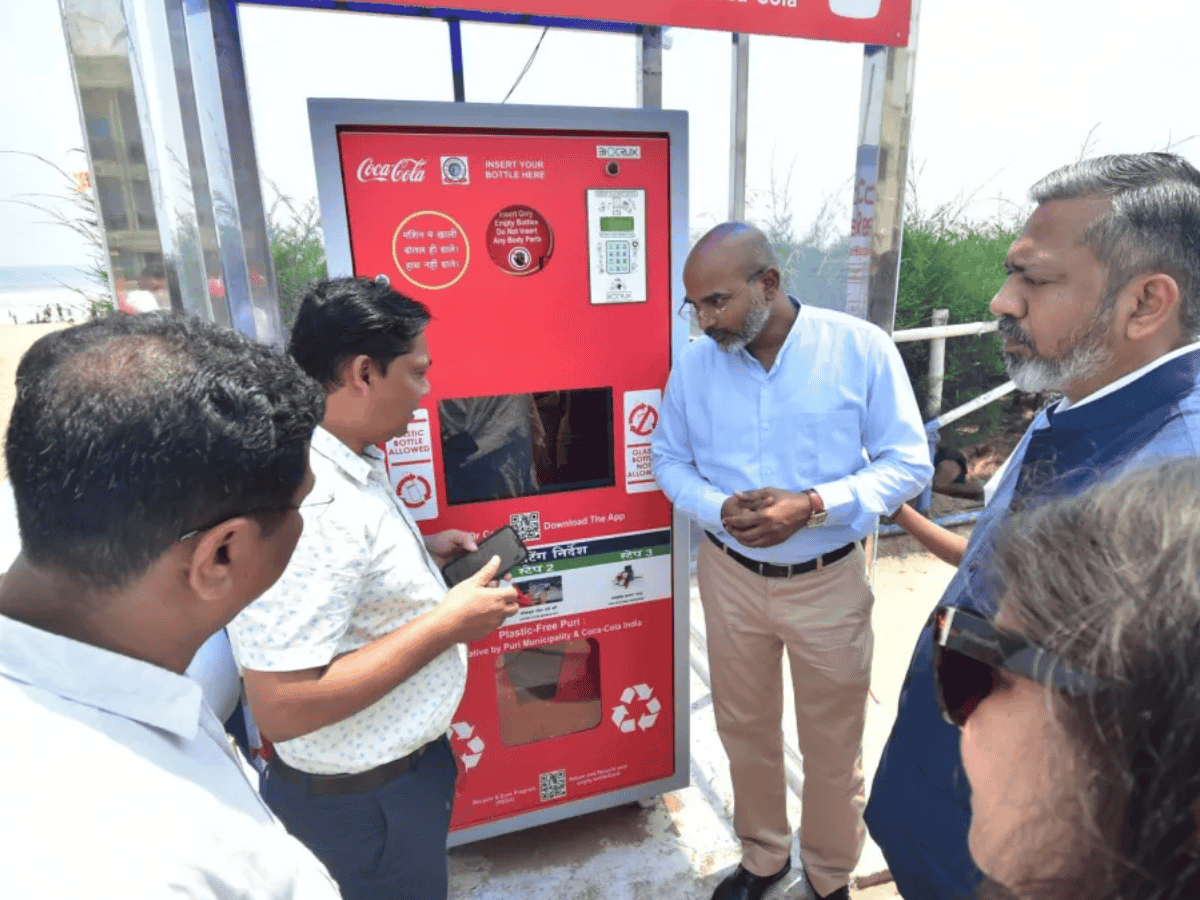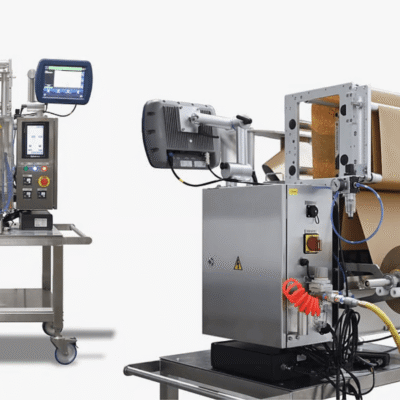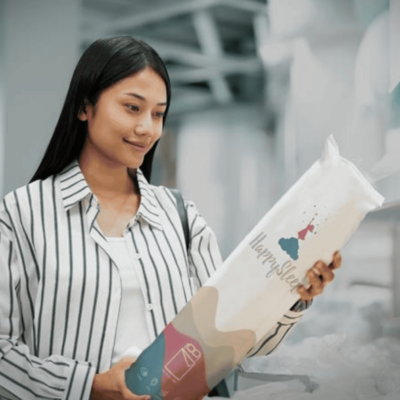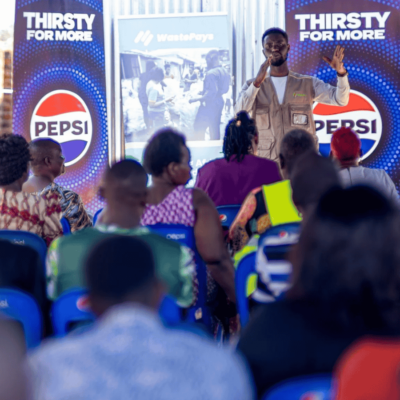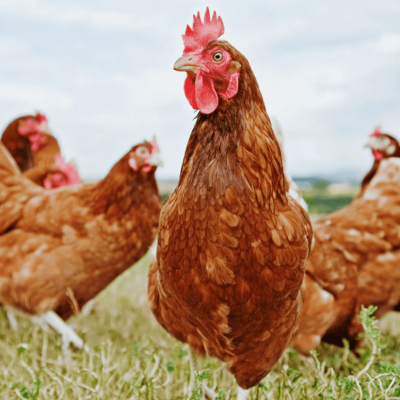INDIA- Coca-Cola India has rolled out a series of reverse vending machines (RVMs) in Puri, a coastal city in the eastern state of Odisha, as part of its ongoing efforts to tackle plastic waste.
The move is part of the company’s global packaging recovery strategy and supports its “World Without Waste” initiative, which aims to collect and recycle the equivalent of every bottle or can it sells worldwide by 2030.
The RVMs, developed and installed by Biocrux India Pvt. Ltd., accept empty polyethylene terephthalate (PET) bottles and compact them by up to 70% to optimize storage.
Each machine can hold up to 800 compacted bottles before being emptied. The devices are digitally monitored through a centralized dashboard, allowing Coca-Cola and Biocrux to track usage and ensure operational efficiency.
In a shift from earlier models, which focused largely on charitable donations, the new RVMs reward users with points through a dedicated mobile app.
These points can be redeemed for discounts on Coca-Cola products. According to Coca-Cola India, this user incentive model is designed to increase consumer participation in recycling activities.
Broader waste management strategy
The initiative is part of Coca-Cola’s Partner to Collect program, which is focused on building infrastructure for packaging recovery and boosting the use of recycled content in its packaging materials.
The company is collaborating with municipal authorities and technology providers to deploy these machines in public spaces and high-footfall areas, beginning with Puri.
During the launch event in Puri, the Executive Officer of the Puri Municipality, Abhimanyu Behera, noted the importance of collaboration between the public and private sectors in improving urban waste management.
“Maintaining cleanliness in Puri is a shared responsibility that requires strong collaboration between public and private stakeholders,” he said.
“We appreciate the efforts of Coca-Cola India and its partners in supporting waste management and recycling through technology and public participation.”
Rajesh Ayapilla, Senior Director of Sustainability and Corporate Social Responsibility at Coca-Cola India and South West Asia, highlighted the company’s focus on encouraging recycling as a part of everyday life.
“By introducing reverse vending machines in Puri, we’re enabling people to take simple yet meaningful steps to make recycling part of everyday behavior,” he stated.
From waste to product
Once collected, the plastic waste is processed into secondary materials such as clothing, bags, and packaging. Coca-Cola’s recycling partners manage the post-collection process, ensuring that materials are diverted from landfills and reintegrated into new products.
The machines also feature built-in digital display screens, which serve to educate users about proper recycling practices and the environmental impact of plastic waste.
According to Biocrux, this dual function, material recovery and awareness-raising, aims to create a more informed and active recycling culture among the public.
Historical context and global implementation
Coca-Cola’s engagement with reverse vending machines is not new. The company first piloted RVMs in 2018 at the Special Olympics USA Games in Seattle.
Each deposited bottle or can triggered a US$0.05 donation to Special Olympics Washington and provided recyclers with information via SMS.
That same year, Coca-Cola Great Britain partnered with Merlin Entertainments to place machines in theme parks such as Alton Towers and LEGOLAND Windsor.
India saw its first RVM installed in 2016, but early versions primarily emphasized environmental goodwill over personal rewards.
Over time, the model has evolved to offer tangible incentives to users. As of 2025, RVMs are present in various Indian cities, with the latest deployments focusing on incentivized engagement.
Corporate responsibility and public perception
The initiative comes amid continuing scrutiny over Coca-Cola’s environmental footprint. According to multiple environmental audits, the company has consistently ranked among the world’s largest producers of plastic waste.
While the introduction of RVMs marks a shift toward consumer-engaged waste recovery, critics continue to call for broader structural changes in Coca-Cola’s packaging and supply chain practices.
The installation of RVMs in Puri coincides with Coca-Cola’s Maidaan Saaf campaign, a public awareness drive aimed at promoting community action around waste management.
Officials hope that integrating RVMs into this campaign will help reinforce recycling habits during large gatherings and festivals, which tend to generate substantial volumes of single-use plastic.
Though the machines are currently limited to select regions, Coca-Cola India and its partners are evaluating further expansion based on user engagement and operational data.
With plastic recovery becoming an increasingly urgent issue, the company has indicated that similar initiatives may be extended to other cities across India in the near future.


